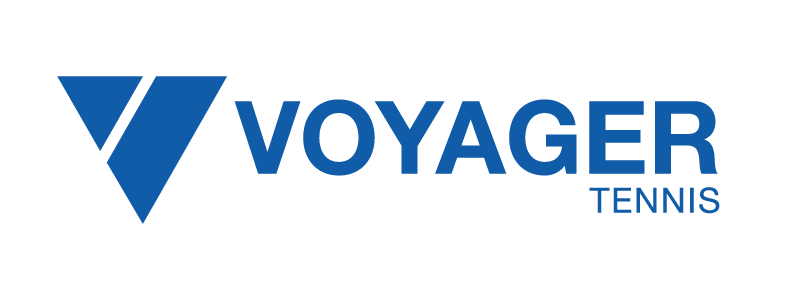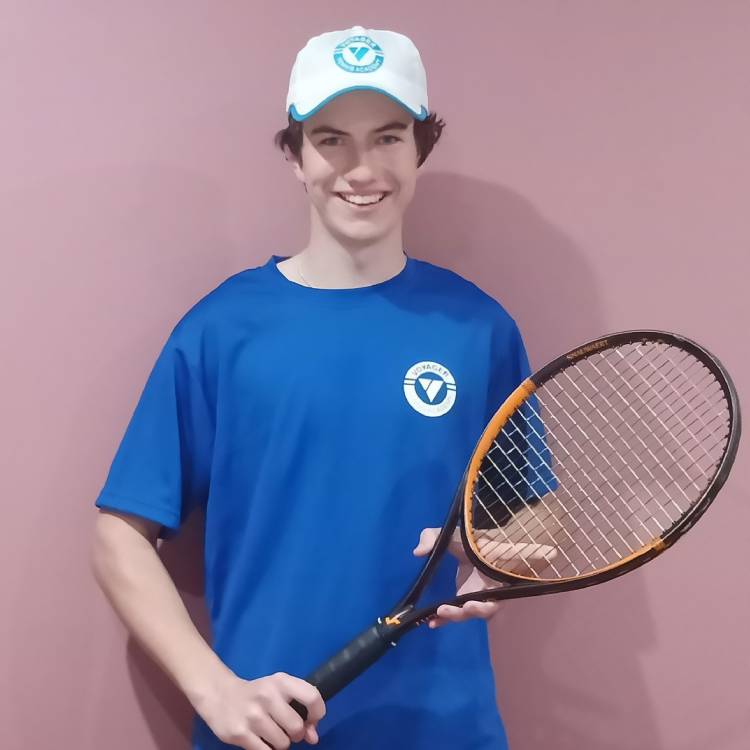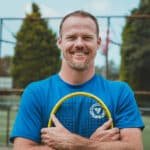
Introduction
We are proud to share an article written by Voyager Tennis player Bailey Mularczyk, coached by Adam Feeney and the team at our Pennant Hills location. Bailey was selected to take part in the 2021 Tennis NSW Future Leaders program for Year 9 or 10 players who are passionate about tennis and are looking to make a difference in their local community.
As part of the program students are asked to prepare an article that supports the club they are involved in and Bailey chose the title ‘Big Academy Stigma’ having been inspired to ‘disprove the fallacy of an impersonal experience at a larger tennis academy’. Bailey wrote the article based on his personal experience during the first year of joining the Voyager Academy, to dispel the myth that a larger Academy would be like joining a business rather than a community. Bailey’s experience has shown a larger academy can be the ‘perfect balance of professional and personal’.
Big Academy Stigma by Bailey Mularczyk
“Surround yourself with those who won’t compete with you but will revel in your success and somehow see your ascent as a reflection of their own possibilities.” I’d like to extend this quote by Thomas Dexter Jakes, renowned author and bishop, in order to more wholly encompass the role of a team of people surrounding an individual to say that these people will not only revel in your success, however they will be there with you and support you during your failures. It is important to surround yourself with those who both share your aspirations and challenge you, whilst also creating a supportive atmosphere in which they genuinely want you to become successful. In an individual sport such as tennis, players often struggle to find a team of people who provide a balance between pushing them and supporting them on various levels. As the needs of a player change and evolve, the team surrounding them will also need to change. I am writing this article to utilise my own personal example of seeking this change in support team to disprove the fallacy that a big tennis academy cannot provide an intimate experience with the type of support required for both success and wellbeing.
I began tennis at the age of 7 at my local tennis courts because I wanted to be like my older brother who had just picked up the sport himself. I was a soccer player at the time and initially I juggled both sports before deciding to focus on tennis. I enjoyed training at the local academy which was literally at the bottom of the street. At this academy my two coaches introduced me to competitions and tournaments at a rudimentary level and fostered my love of the sport. They assisted me in developing my tennis abilities, my competitive drive and provided support for me on a personal level. As my abilities developed, they designed a performance program of sorts to suit, however, I eventually identified the need to find an academy with greater depth in the composition of its squads. Due to the personal connection I had developed with my coaches, both on and off the court, I was reluctant to move academies. My brother was one of the assistant coaches by this time, and my younger sister was also training there. Spending seven years at an academy, at such a formative age, was a significant part of my life, and it was a big step for me to move on.
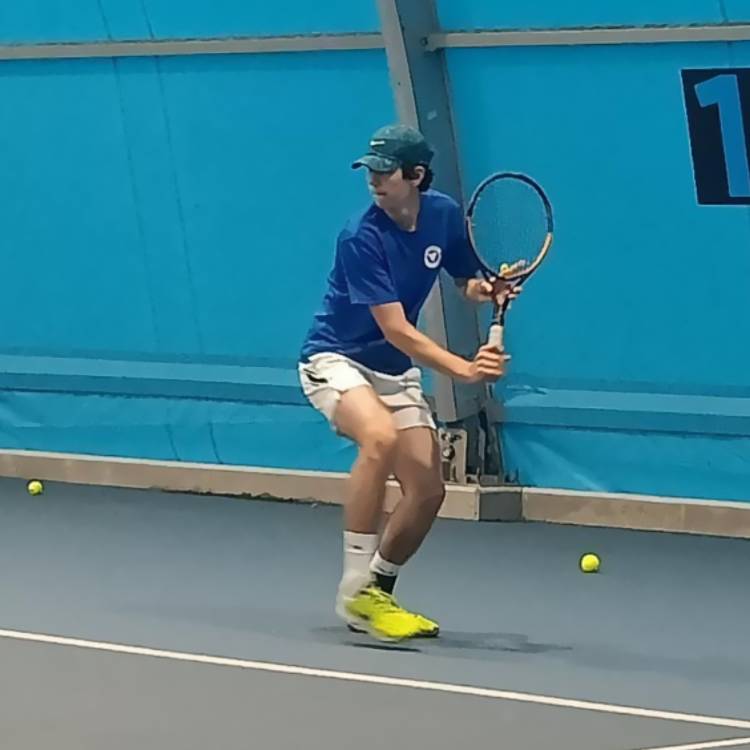
A further complication was the fact that I had been provided with the idea that big academies don’t offer the personal experience available at smaller academies. This contributed to my reluctance to seek a new academy, however I was fuelled by my aspirations to pursue tennis at a high level and my desire for greater competition. Covid-19 provided the surprise impetus. The local courts remained closed for longer than many others, so I used the opportunity to try other venues. I spoke to mates who I’d met at tournaments and conducted some research before trying a plethora of squads. When I participated in a squad at Voyager Tennis Academy, I found that it was the perfect fit for me and accommodated all of my needs.
The transition period from my local academy to Voyager was handled with grace and professionalism by both academies. My parents and I were open with both coaches from the outset and at first I continued to train at both academies. During this period, my private coach at Voyager (Adam Feeney) sought to make my experience as seamless as possible by contacting my other coach regarding the aspects of my game I had been working on with both coaches. While I am aware of a number of players who train with multiple coaches and academies, I reached a point where I felt I needed to reside exclusively with one academy to ensure consistency in approach and advice. I had an emotional conversation with my old coaches who were supportive of my decision. I have maintained contact with them and still have the occasional hit. One of them came to support me at a recent tournament and I know that they both follow my progress closely. Anecdotally, I don’t believe this is a typical scenario for those changing coaches but I feel it should be.
I have now been training in the Voyager performance program for little over a year and love it in every way. I was pleased to find the stigma of an impersonal experience at a bigger academy to be false. Since joining the academy my coaches have provided advice personalised to fulfil my needs. Despite this personal touch from the coaches, they maintain professionalism at all times. There is a structure and rigour to the training program with a series of predetermined technical and tactical focuses being covered each week but within this framework the advice that is given is personalised and each session is adapted by the coaches to fit the players within each session. Being a large academy, there are a number of coaches on board, however I have found the approach to training to be consistent across the whole Voyager team.
One primary advantage of the large academy is the breadth in training sessions they offer, fitting every players’ needs, from those who play tennis simply for fitness and enjoyment, to those who aspire to reach a professional playing standard. The performance program at Voyager is world class and offers a wide variety of perks in conjunction with squads and private sessions. These perks include physical training, psychology workshops, planning sessions, physical screenings, and nutritional advice. I recognised that this focus on the mental and off-court elements of the game was the next facet I needed in my journey as a sportsperson. I devoured the book composed by Luke Bourgeois and Ryan Henry, founders of Voyager, which, though focused on advice for tennis parents, was applicable to myself as a player.
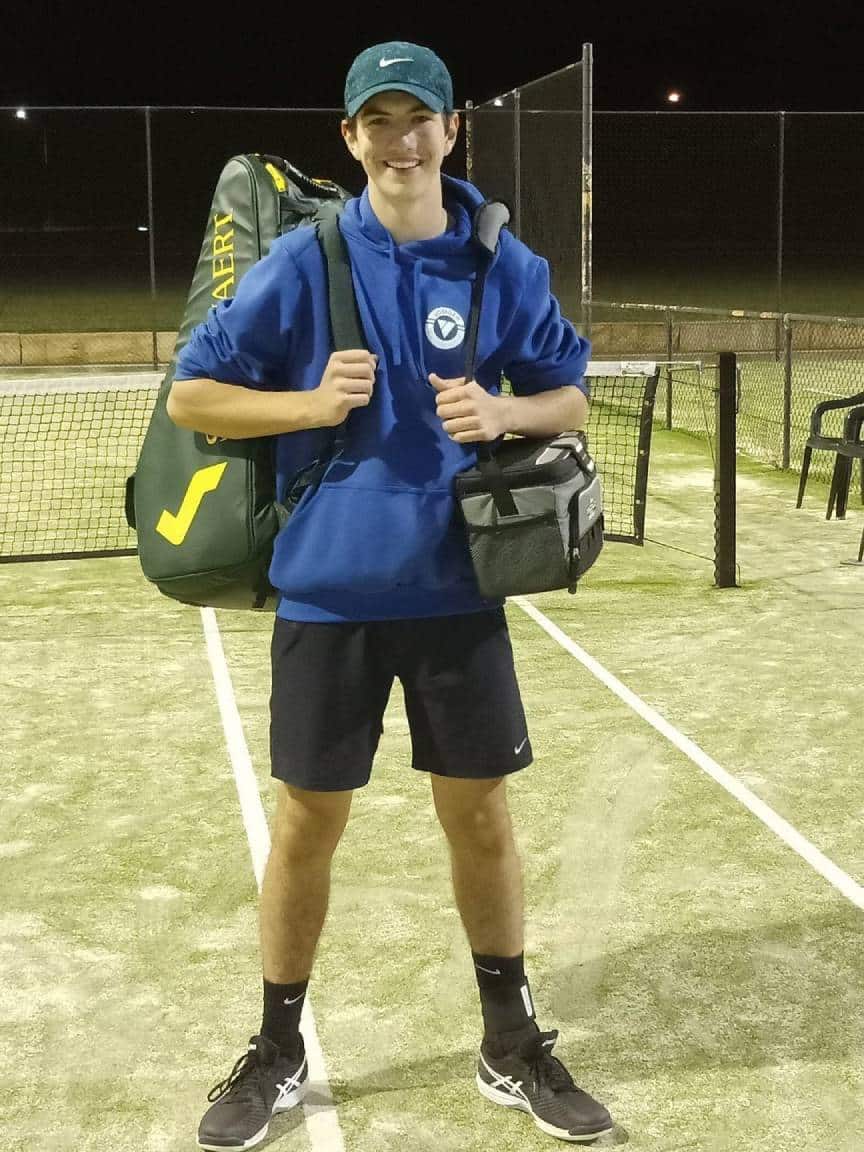
I relish the strategic side of tennis and this too has been part of my voyager experience. I have also been afforded various developmental opportunities in the form of assistant coaching and involvement in the Tennis NSW Future Leaders Program. My academic endeavours have meant that the Study and Play option offered by Voyager with potential paths to college tennis through scholarships is extremely attractive. This is just one example of the opportunities offered by Voyager which I look forward to in the future.
I believe that my personal case study is useful in disproving the myth of an impersonal experience at larger tennis academies. It also shows that academies such as Voyager often have a well-rounded team for each individual player, providing support in all aspects of the game, both on and off the court, and opportunities to become successful in all walks of life, not just tennis-based but also those involving the furthering of one’s education and academic pursuits.
We constantly see professionals expressing their gratitude towards their teams following events. Even as a junior I see and acknowledge the pivotal role my team and the people surrounding me play in my success and wellbeing: the Voyager Tennis Academy coaches, in particular my private coach (Adam), my childhood coaches (Jason and Jake) from Aces Tennis Academy, my physiotherapists (Simon and Zac) from My Peak Performance, Scott from Snauwaert Australia, my friends who hit with me, my siblings who support me, and most of all, my parents who make it all possible. It is the combination of the support from all of these people which makes it possible for me to perform at my best and continue to develop. To amend the words of T.D Jakes, “Surround yourself with those who won’t compete with you, but will revel in your success and somehow see your ascent as a reflection of their own possibilities [and provide unconditional personal support in the difficult times as well].”
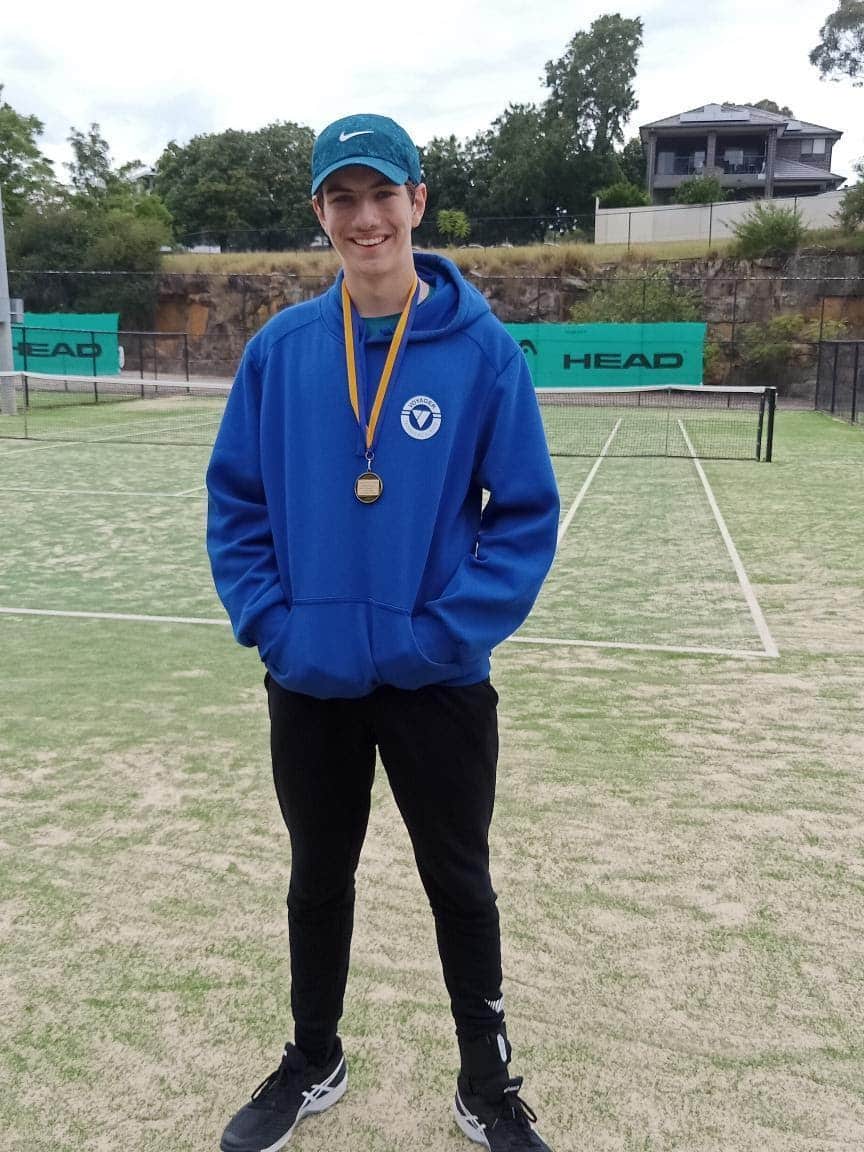
By Ryan Henry, Managing Director of Voyager Tennis and Ex-Pro Tennis Player
